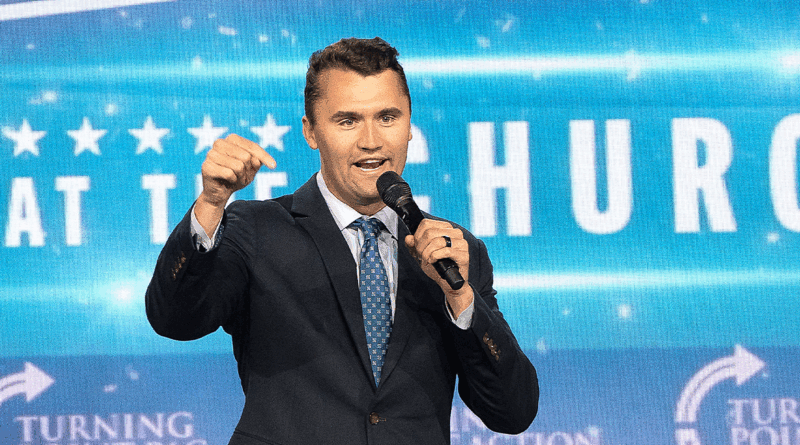Scientist Michael Mann Quits UPenn Post Following Social Media Controversy
Prominent environmental scientist Michael Mann has stepped down from his position at the University of Pennsylvania (UPenn) following a contentious period caused by certain remarks he made in the aftermath of the killing of Turning Point USA founder Charlie Kirk. Mann, who was quite reactive on social media after the tragic event, made a series of provocative statements referring to the incident as ‘white on white violence’. In addition, he shared a handful of negative comments made about Kirk, a leading conservative figure. Notably, one comment likened Kirk to leading a ‘Hitler Youth’ group under President Trump’s leadership.
Although Mann made attempts to retract his statements later, he remained under pressure and eventually resigned from his duties as Vice Provost for Climate Science, Policy, and Action. The scientist signaled his frustration in a public note, stating, ‘There are times when the advocacy work I do in the realm of climate policy feels at odds with the political neutrality expected of me in my role at a university that maintains a strict policy of institutional neutrality’.
He further expressed, ‘I’m currently in a situation where I believe I can’t give up public advocacy and scholarship. This has led me to the decision to step down from my role as Vice Provost for Climate Science, Policy, and Action’. Subsequently, Mann deleted a number of his controversial posts and made an effort to explain his actions.
In his explanation, he said he had unintentionally ignored the possible implications and that he was merely expressing agreement with the general criticism of Ezra Klein’s assessment of Kirk as ‘practicing politics the right way’. Referring to a reposted comment, Mann clarified, ‘I did NOT condone the inappropriate and inflammatory language used to describe Kirk, which I had overlooked. I have now removed the post’.
In the past, Mann had faced disciplinary action by a magistrate for consciously providing misleading information to a jury in a case of defamation filed against his conservative detractors. The deceased conservative leader, Charlie Kirk, was popular for his open discussions on contentious issues with students on college campuses.
He was murdered on September 10 during one of his events at Utah Valley University. Investigations and subsequent findings pointed towards the alleged killer as being a staunch follower of ‘leftist ideology’ and had an obsession with unconventional adult content. Kirk’s death sparked a flurry of comments, some of which were seen as celebratory and led to the dismissal of several teachers and administrators.
Mann now finds himself among a growing list of educators and administration officers who have had their employment terminated due to their comments in response to Kirk’s death. These incidents highlight the delicate balance between personal opinions on public platforms and the expectation of neutrality from positions of academic influence.
The broader implications of such actions have led many to question the role of social media in influencing personal and professional lives. The need for restraint and discretion has been reinforced amidst the rapid dissemination of information and the breaking down of traditional checks and balances.
Academic institutions, known to safeguard neutrality, are faced with increasing challenges to maintain that status as more educators share their personal viewpoints on public platforms. This issue raises questions about the nature of compatibility between personal advocacy for policy change and roles in institutions that advocate neutrality.
Mann’s case shows how personal and professional lives can intersect in the age of social media and contribute to outcomes that have professional consequences. His departure from a leading role at the University of Pennsylvania underscores this predicament.
Furthermore, cases such as Mann’s raise the question of how individuals and institutions should regulate the use of social media platforms. The exchange of ideas continues to be a key part of academic life, but the line between opinions and professional responsibility seems to be increasingly blurred.
In this digital age, balancing professional liabilities with freedom of speech becomes an intense debate, especially within the academic community. Mann’s situation is a stark reminder of this ongoing struggle as the world continues to grapple with the implications of digital communication modes.
As more such incidents surface, it is becoming increasingly apparent that a fine line exists between use and misuse of online platforms. While they offer an arena for free expression and healthy discussions, they can also lead to professional pitfalls if used without discretion. As observed from Mann’s case, educators and administrators must tread this path wisely to uphold their professional integrity.

